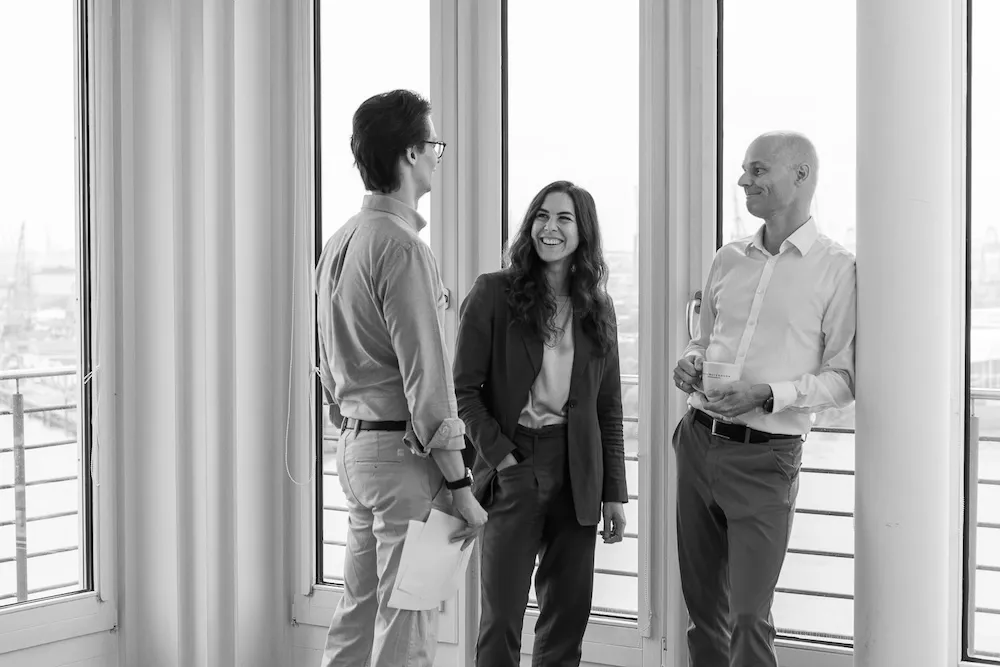Legal 500 Germany honors HARTE-BAVENDAMM partner Dr. Michael Goldmann as Intellectual Property Lawyer of the Year
.jpg)
Michael Goldmann advises multinational corporations as well as medium-sized companies across a wide range of industries, including fashion, luxury goods, logistics, communications, and food & beverages, on trademark and design law, unfair competition, and copyright matters. A key focus of his practice is representing companies in complex cross-border litigation. He is among the most renowned intellectual property lawyers in Germany and is frequently involved in landmark cases and high-profile mandates.
Michael is also deeply passionate about academic discourse and the advancement of legal doctrine. Through his scholarly work, he actively contributes to the development of intellectual property and competition law. He is the author of a leading treatise on trade names, now in its 5th edition (2023), and co-editor of a commentary on the German Act Against Unfair Competition. Above all, he is particularly dedicated to mentoring young lawyers, sharing his knowledge and experience to help shape the next generation of legal professionals.

The Legal 500 Germany Awards recognize outstanding lawyers, law firms, and in-house legal teams that have demonstrated exceptional expertise, innovative counsel, and a significant contribution to the legal profession in Germany. This award highlights HARTE-BAVENDAMM’s position as one of the country’s leading commercial law firms in the field intellectual property law.
The winners of the Legal 500 Germany Awards are selected based on thorough and independent research conducted by Legal 500 for its annual The Legal 500 Germany guide. The selection process is led by The Legal 500 Germany senior editor Anna Bauböck, along with co-editors Kathrin Zuser and Clara Mozes. The awards ceremony takes place every year in February in Frankfurt am Main.
You might also be interested in this
A trademark is one of a company’s most valuable assets. It stands for quality, recognizability, and trust among customers. In addition, a trademark enables a clear differentiation from the competition and strengthens the brand presence in the long term. These and many other advantages speak in favor of protecting a sign as a trademark at an early stage.
The enforceability of EUIPO cost decisions is an issue that often plays a secondary role in trademark law practice. However, according to Art. 110 EUTMR and Art. 71 of the EUDR, any decision by the Office that fixes costs constitutes a directly enforceable title in all EU Member States.
On the ruling of the Hanseatic Higher Regional Court of 10 December 2025 (Ref. 5 U 104/24). We summarise the extensive decision, analyse it, and provide an outlook on the further proceedings.
Almost exactly one year after filing its lawsuit against OpenAI, GEMA achieved a major victory against the US AI company before the Regional Court of Munich. The court ordered OpenAI to cease and desist, provide information and pay damages.







